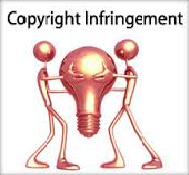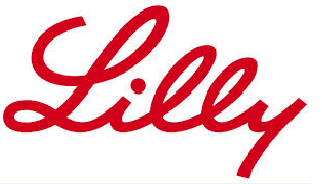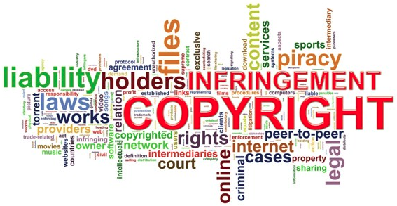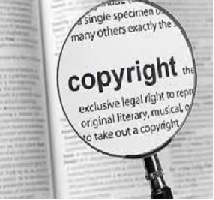
The second element of a criminal prosecution for copyright infringement requires that the government prove that the defendant infringed upon the holder’s rights in its copyrighted intellectual property. Although the term “infringement” itself is not specifically defined in the copyright statute, 17 U.S.C. § 501(a) provides that: “[a]nyone who violates any of the exclusive rights of the copyright owner as provided by [17 U.S.C. §§ 106 to 118] . . . is an infringer of the copyright.” Thus, the concept of infringement is defined by reference to the exclusive rights conferred on a copyright owner by 17 U.S.C. § 106. Those exclusive rights include the right to display or perform the work publicly, as set forth in 17 U.S.C. § 106(4)-(5), along with the right to reproduce and distribute copies of the work, as set forth in 17 U.S.C. § 106(1) and (3). The unauthorized exercise of these rights will constitute an act of infringement and will give rise to a civil infringement claim by the copyright holder and perhaps prosecution by the government.
Generally, infringement is established by evidence of copying. However, because copying often cannot be directly attributed to the defendant, copying can be established indirectly through evidence that the defendant had access to the original copyrighted work, and that the defendant’s work is substantially similar to it.
With regard to prosecution for alleged infringement of copyrighted computer programs, a court must also decide separately whether or not the copies at issue were lawfully made under 17 U.S.C. § 117, which authorizes such duplication in certain circumstances. Thus, unlike copies of other types of copyrighted works, copies of computer programs are not automatically presumed to be unauthorized.









